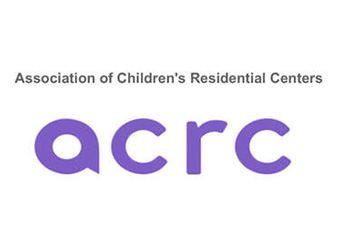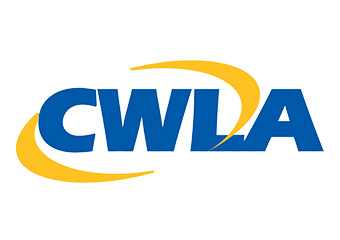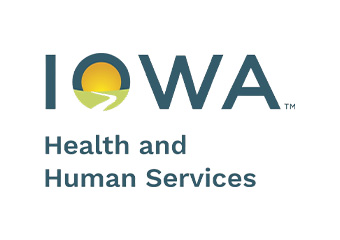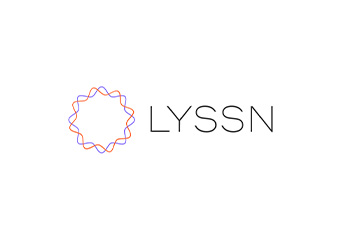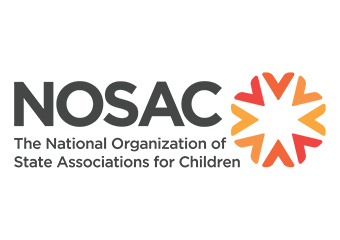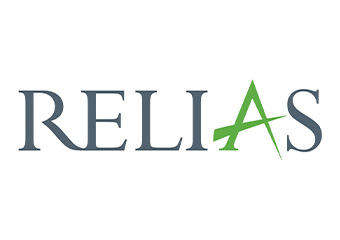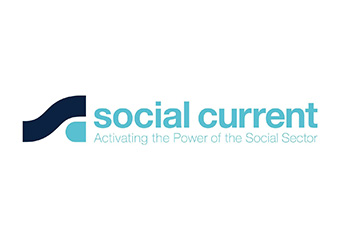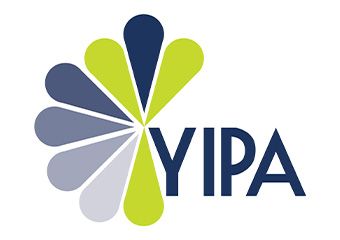|
“Stop saving us from our families. Save our families FOR us!”
– A youth in foster care
In Summer 2019, the Coalition received a grant from the Mid-Iowa Health Foundation to work towards Transformational Change within the child welfare and juvenile justice system. Through this work, the Iowa Change Leadership Vision Council (Vision Council), a public/private partnership, was created to move forward the goals of the grant. The Vision Council is guided through a Results Based Accountability model (Updated as of 3.2023).
Vision: Families & Children in Iowa are safe, secure, healthy and well in their communities.
Focus Population
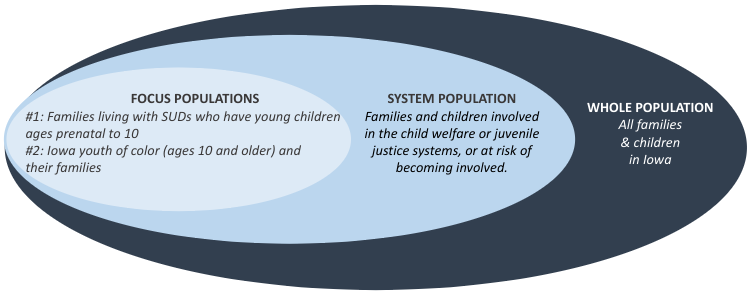
Who we are: As leaders in the public and private sectors, we formed the Vision Council to focus on the importance of building and re-building family and child well-being. The Council and invited professionals engaged in a culture inventory to determine current and ideal culture. From the results, a "From-To" shift (seen below) was developed to help guide the work of the Vision Council.
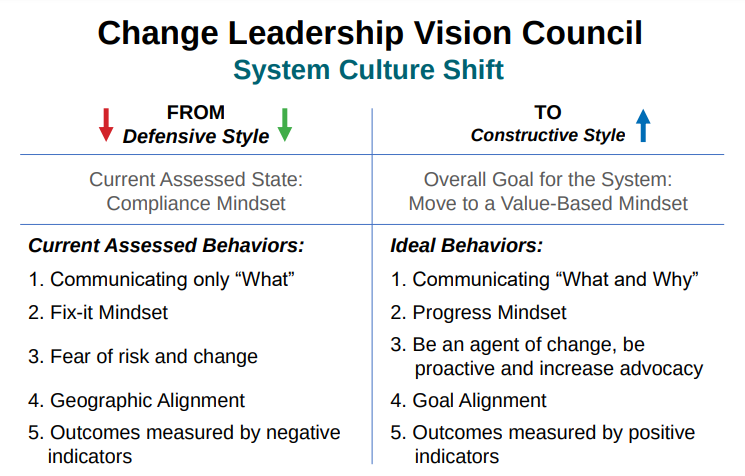
What we do: We collaborate and study data to identify and address the root causes of child maltreatment and build protective factors for families. Together we share a collective voice as leaders and work to foster a constructive culture across systems, prevent and address trauma and Adverse Childhood Experiences, and apply an equity lens.
Desired result: Actively and safely reduce entries into the child welfare and juvenile justice systems.
Core Beliefs: To achieve the Vision, Iowa leaders and systems need to:
- Be Family-Centered. Iowa systems need to take a family-centered approach where each individual and family receives support when needed. Children and parents experience better outcomes when their needs are addressed together. Families are the experts of their own family unit.
- Cultivate Collaborative and Interconnected Systems. Children and parents experience better outcomes when their needs are addressed holistically. A multi-systems approach focused on ensuring equity and addressing root causes is necessary to meet the full range of families’ needs.
- Respond to Trauma. All public and private systems need to be healing-centered, trauma-informed and equipped to model and support relational health.
- Support Recovery. Substance use disorder is a disease that can be treated; recovery is possible.
- Address Root Causes. Housing instability, financial security, and child care challenges are highly correlated with child maltreatment and must be eliminated. The circumstances and effects of poverty are frequently the cause of child neglect and can be addressed.
- Embed Knowledge of Development. The developmental needs of young children and adolescents are distinct and deserve attention, intention and investment. Whatever the reason children and youth come to the attention of the child welfare and juvenile justice systems and whatever the behavior displayed, our systems must respond in ways that nurture healthy development, offer healing, and ensure connections to family and social networks.
- Secure Access & Opportunity. Programs and initiatives that offer equitable opportunities for all populations are important to health communities and a strong economy.
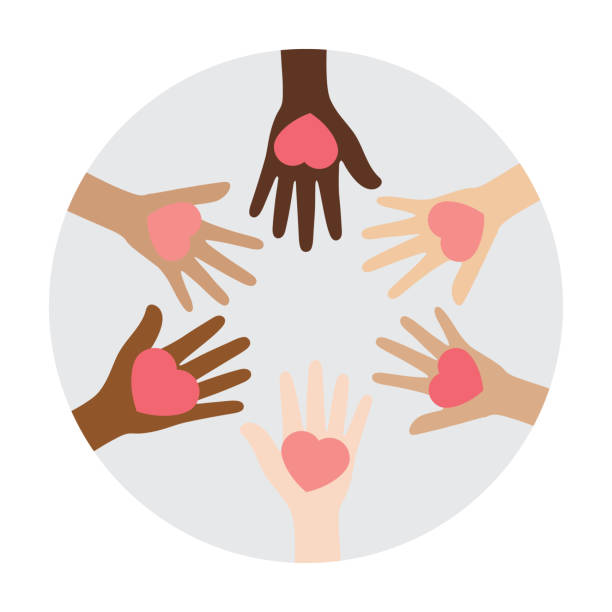 Community Engagement/Recognition: Community Engagement/Recognition:

Resources for Results-Based Action: These resources provide further exploration in ways to enhance and explore ways to increase alignment and commitment towards a common goal. The Vision Council has consistently come back to these in order to realign themselves with their identified goals and commitments to their vision of Families & Children in Iowa are safe, secure, healthy and well in their communities.
- Accountability Pathway: create conversations about keeping commitments that are interesting, meaningful, engaging, and lead to more effective action.
- Acknowledge, Rephrase, Explore: hear clearly, affirm what you have heard and engage a person or a group in answering their own questions and solving their own problems.
- High Action / High Alignment: identify personal efforts in alignment with the goal for effective action that is complementary, mutually supportive, and leveraged.
- Powerful Request: guidance on how to approach a member that is not in high action/high alignment and how to have authentic, vulnerable conversation.
- Proposal-Based Decision Making: create the opportunity for equity by making space for everyone to provide input and used to get decisions that stick, everyone can support, and that lead to action.
- Ten Conversations: a guide to knowing the kind of conversation to have in a particular situation, and how to be in alignment and take action together as a group.
- Orientation: PowerPoint guide for onboarding Vision Council members.
- Vision Council Arc of Action: Created in 2022 detailing the upcoming fiscal year goals.
Please feel to reach out to Kristie Oliver, Executive Director, with questions regarding the Vision Council.
|




 Community Engagement/Recognition:
Community Engagement/Recognition: